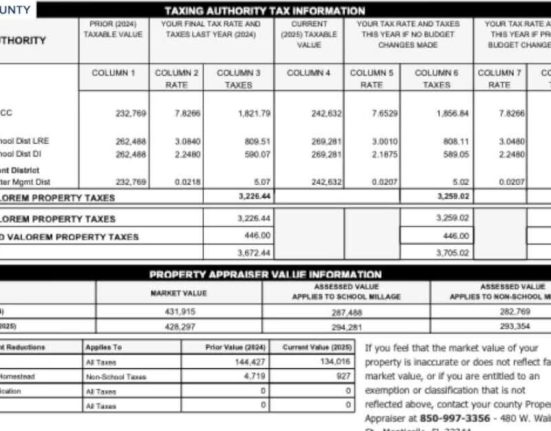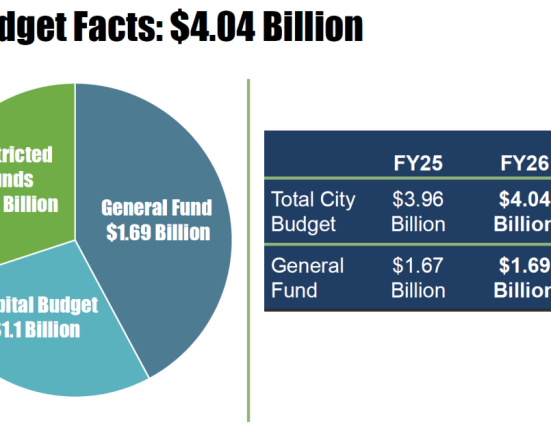Survey research reveals just three-tenths trust AI-generated recommendations, bolstering the case for lasting human relationships with advisors.
As artificial intelligence continues to reshape the financial services landscape, a new survey from Lansons reveals that US retail investors remain split on whether they trust AI to provide investment guidance. While technology has made significant inroads into the advisory space, most investors still see human insight as a crucial part of the equation.
The Lansons study, conducted in partnership with Opinium, surveyed 2,000 Americans in late 2024 to gauge attitudes toward AI-powered investment advice. The findings suggest that, despite the growing adoption of AI tools among wealth managers, skepticism persists among retail investors – particularly when it comes to relying solely on algorithms for financial decisions.
AI as a complement, not a replacement
The report traces the evolution of technology in retail investing, noting the rise and subsequent decline of robo-advisors after the 2008 financial crisis. While automated solutions initially gained popularity, especially among high-net-worth individuals, their adoption dropped sharply in recent years. Among investors with $500,000 or more, usage fell from 38.3% in 2021 to 14.5% in 2022.
Despite this shift, AI is increasingly seen as a tool to support, rather than replace, human advisors. According to Lansons, two-thirds of financial planning firms are either using or planning to implement AI within the next year. However, only 28% of retail investors trust the accuracy of AI-generated financial recommendations, and just 25% believe AI could outperform an informed human in allocating investments .
In a statement unveiling the research, James Schiavone, head of operations at Lansons New York, said: “While AI may be able to support portfolio decisions and help generate alpha, it’s unlikely to replace the trusted relationships advisors build with clients over years… Understanding how investments fit into a client’s broader financial picture, and using emotional intelligence to guide difficult decisions, is still a job best suited for humans.”
Access and caution go hand in hand
The survey found that 36% of respondents believe AI could help level the playing field between professional investors and everyday people, and 40% agree that AI has the potential to broaden access to alternative assets. Yet, only 26% said they would be more likely to invest on a platform that uses AI, while 40% said they would not.
Gender differences also emerged: 34% of men said they would trust AI-generated financial advice, compared with 22% of women. A similar gap was seen in willingness to use AI-powered investment platforms.
David Masters, director at Lansons, commented, “AI-driven portfolio management doesn’t inherently create an advantage, it simply speeds up how quickly markets absorb and react to information, and any edge can be quickly arbitraged away. The real differentiator won’t be AI itself, but how firms apply and adapt it to serve a clear strategic purpose.”
Market dynamics and the advisor’s role
Concerns about AI’s impact on market behavior are also evident. Forty-two percent of survey participants agreed that AI could cause a herding effect, where many tools make similar investment choices, potentially amplifying volatility. A new study from the National Bureau of Economic Research goes further, suggesting that AI-powered trading algorithms have the potential to collude in a way that undermines competition and pricing efficiency in the financial markets.
Another one-third of respondents in the Lansons survey (32%) believe that as AI becomes more widespread, its competitive advantage will diminish.
Industry observers echo the need for balance. Deloitte has noted that while AI can enhance efficiency and personalization, “the human touch remains essential for building trust and understanding clients’ unique goals.”
Experts from Morningstar have also emphasized that advisors who can clearly articulate their value – especially in areas like behavioral coaching and holistic planning – will be best positioned to differentiate themselves from AI-powered competitors.
“[Wealth management is] a relationship business,” Joe Agostinelli, senior director of market research, said at last year’s Morningstar Investment Conference. “They come at it from that financial-first model, or an emotional one. A mix of both is important.”







